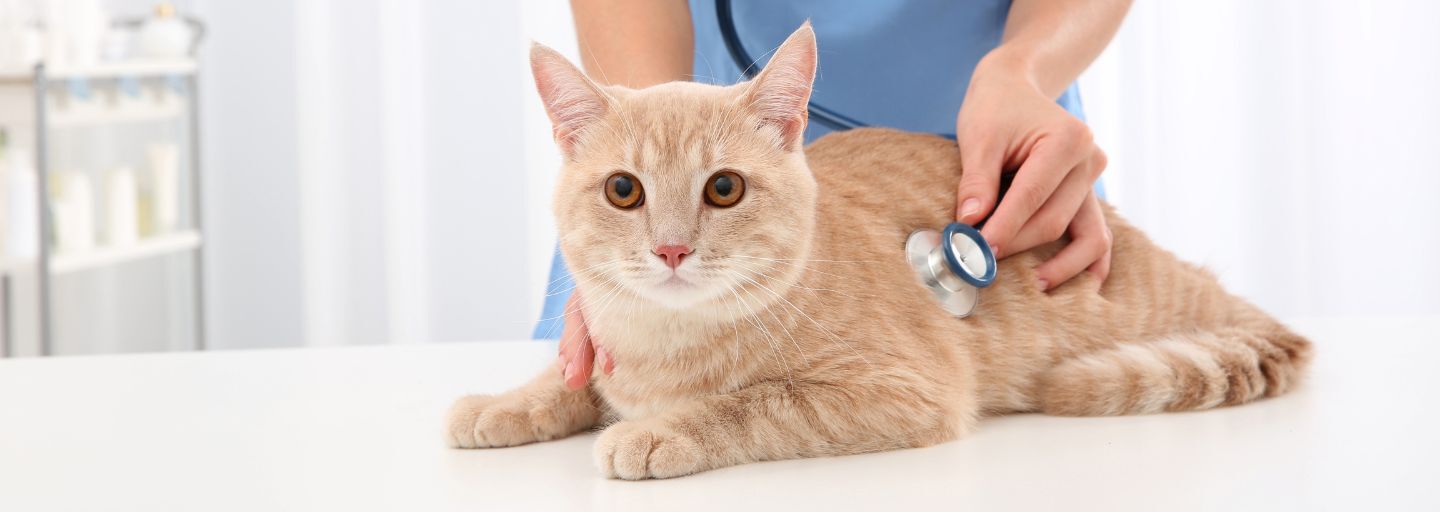Human allergists often recommend for cat allergen-sensitive owners to avoid or reduce the allergen contact—which means constant house cleaning, bathing the cat, or medications that ease symptoms for people with cat allergen sensitivity.
All of these methods have limited effectiveness to reduce the allergen load, require significant effort, can be costly, and may be difficult to sustain in the long term.
Pharmaceutical interventions, such as preventing the onset of symptoms by using medications before cat exposure and immunotherapy, are a common approach which also have limitations relating to both side effects and efficacy. Antihistamines are mainly used to combat allergen sensitivity manifestations, the action of which is aimed at eliminating symptoms such as itching, skin rashes, swelling of the mucous membranes, and others.
Sadly, in extreme cases, the best line of defense might be to avoid having any cats in the home. But as all owners will know, none of these options improve the bond between cats and the people who love them.





